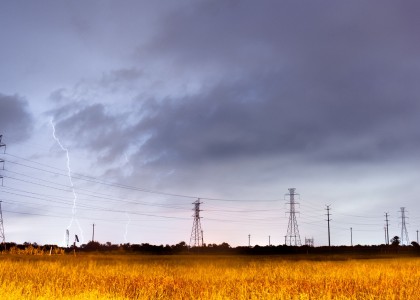Most observers of U.S. energy policy might think of energy efficiency as a useful investment strategy to smartly manage the growth of energy consumption. They might also see it as a cost-effective means to ease our transition into a post-carbon world. And yes, the evidence does support both of these notions. But there is also emerging evidence that demonstrates that energy—and especially the more efficient use of that energy—plays a much more critical role within the economic process than is generally understood.
Building on the work of a number of noted economists and physicists, this new ACEEE report explores the productive use of energy as it affects the robustness of the larger U.S. economy.
Of the total high-quality energy consumed to support economic activity in 2010, only 14 percent was converted into useful work. In other words, the American economy wasted 86 percent of all the energy used that year in the production of goods and services. One can easily imagine that waste of this magnitude creates an array of costs that weakens the nation’s economic and social well-being.
The report also explores the need for a more critical accounting of how work—that is, the transformation of matter into necessary goods and services—is enabled by the efficient conversion of high-quality energy, or exergy. If exergy flows are neither properly measured nor adequately tracked, then business and policy leaders may be misreading the real dynamics of economic activity. That may lead to policy prescriptions that are suboptimal and dampen the economic well-being of the United States.



